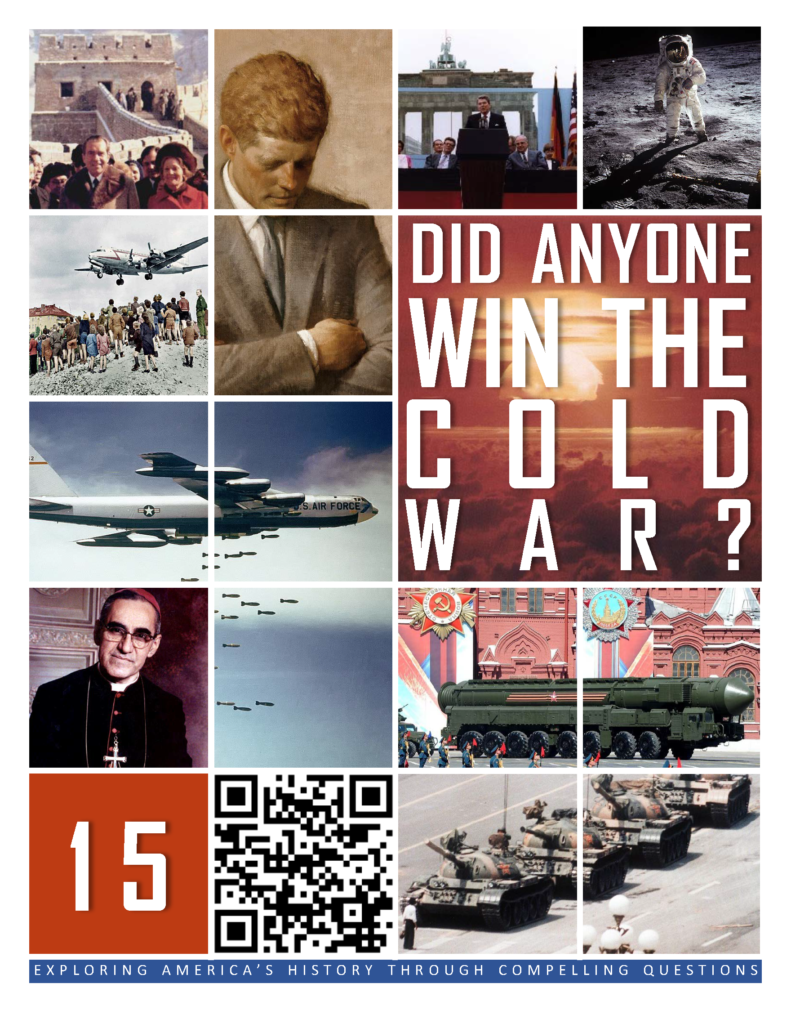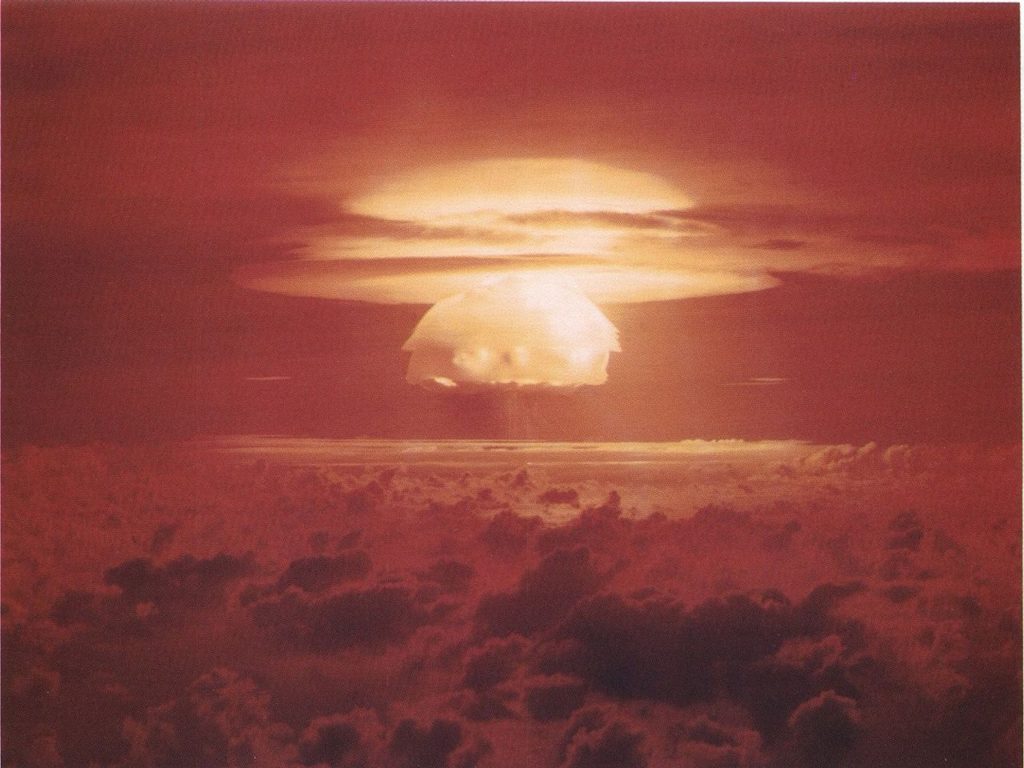
PRINT VERSION
World War II was an absolute victory for the United States and its allies over the totalitarian, fascist regimes of Adolf Hitler, Benito Mussolini, and Hideki Tojo. However, as the elation of V-E and V-J Days passed, and thousands of American troops started coming home, the joy of victory was tempered by a new reality.
It is said that war produces strange bedfellows, and indeed the common struggle against Nazi Germany had brought the United States and Josef Stalin’s communist Soviet Union together as partners, if only for a few years. Now, with their common enemy defeated, the two nations looked in 1945 at each other with distrust.
From the American perspective, the war had resulted in only partial freedom for humankind. As Americans saw it, for all those who lived under Josef Stalin’s rule, communism was little better than Nazism. From their perspective on the other side of the world, the Soviets looked out at the awesome power of the United States – power, which had been wielded during the war as the Arsenal of Democracy – and saw a threat even greater than Hitler’s Germany. The Soviet Union lost more of its soldiers and civilians in the war than any other nation and they faced a nuclear-armed United States.
So, as the Second World War was ending, a new war was beginning. This war would not include direct combat between the two superpowers, but it raged around the world and into space. Millions of people would die, billions of dollars were spent and the prospect of nuclear holocaust would hang over everyone for 50 years. This new conflict was the Cold War. The United States and the Soviet Union may never have gone head-to-head on the battlefield, but it was unquestionably a war nonetheless.
When the Soviet Union disintegrated and the Cold War ended nearly a half century after 1945 it would seem that United States and the free market economic system had again survived the judgement of history while communism had failed, just like fascism before it. But can you win a war you don’t fight on the battlefield? Can you claim victory if it takes 50 years to achieve your goal? If winning means filling the world with nuclear weapons, is that really a victory? With so many lives lost and disrupted, did anyone really win the Cold War?
CONTINUE READING
